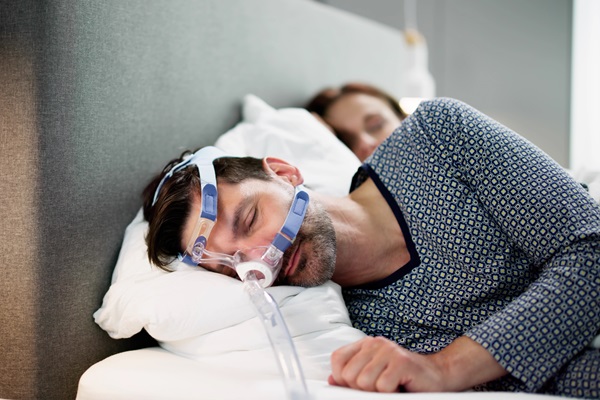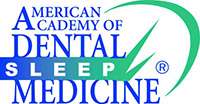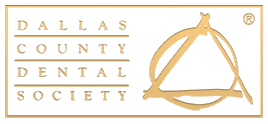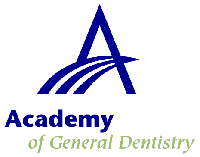Can Dentists Help With Sleep Apnea?

Sleep apnea is a health issue, causing people to stop breathing intermittently during sleep, that should be taken seriously. The condition is divided into two categories: obstructive and central sleep apnea.
Obstructive sleep apnea is the most common type. When the breathing stops temporarily, the soft tissues of the airway falls, and This inhibits oxygen from flowing through the air passages and getting to the lungs.
In the case of central sleep apnea, signals sent from the brain that initiates breathing stops during sleep. There is no physical disturbance to the air passages, although the body reacts as though a disruption happens.
You probably know that you can get proper diagnosis and treatment from the sleep clinic and that a doctor can help lessen symptoms. However, did you know that dentists can help with sleep apnea?
Both types of sleep apnea disrupt sleeping cycles. If left untreated, people with sleep apnea usually wake up with fatigue and exhaustion. Neglecting the condition may have remarkable effects on the long term and short term mental and physical state.
The health effects of sleep apnea
Sleep apnea makes the patient vulnerable to other health conditions. The constant fatigue from neglecting sleep apnea may cause injuries. People who leave the situation untreated have higher chances of being involved in an accident at work or while driving.
How dentists can help with sleep apnea treatment
Dentists can play an invaluable role in treating obstructive sleep apnea. After the initial diagnosis, the dentist can enlighten you on available treatment options for the condition. These options may include wearing oral devices to reduce the symptoms of mild sleep apnea in average weight patients.
Mandibular advancement appliances, sometimes termed dental sleep devices are popularly used oral devices. These devices have a similar appearance with mouth guards and extend the jaw. In the forward position, the muscles that fall during sleep will tighten to prevent collapse.
With time, the oral devices will strengthen the air passages and increase their rigidity to lessen or stop sleep apnea. Some of the tools can be modified, enabling the users to adjust the jaw’s sitting position after putting them in.
The dentist will examine the patient’s mouth, teeth, and temporomandibular points to decide if they are suitable for mandibular advancement appliances. If they are a fit for the device, the dentist will proceed to make mockups of their teeth. Experts use these mockups to design devices suited uniquely for the patient’s mouth.
The accurate fit is necessary because a wrong-fitting device may injure the jaw. The patient put in this device before sleeping to reduce symptoms of sleep apnea.
Tongue retainers are not as popular but are suitable for more mouth sizes. These devices push and retain the tongue in a forward position. Since the tongue is connected to the lower jaw, this would open up the airway.
We are always ready to answer your sleep apnea questions!
Dentists monitor their patients carefully to ensure the oral devices are functioning and improving the condition. The device may appear uncomfortable initially, but that should improve in some days. Constant supervision and regular use can help the users obtain positive results.
Request an appointment in our Sunnyvale dentist office here: https://stonecanyondental.com.
Recent Posts
Sleep apnea treatments can significantly improve energy, focus, and general well-being. Dentists strive to help patients experience substantial relief and improved sleep through tailored treatment solutions. From comfortable oral appliances to collaborative care plans, these dental providers take a proactive approach to helping you get better rest.Sleep apnea is a common condition that disrupts breathing…
If you suddenly wake up in the middle of the night on a regular basis, then you may struggle with obstructive sleep apnea (OSA). This condition can lead to difficulty functioning in an ideal way each day and affect the ability of you and your partner to sleep at night. Fortunately, there are effective and…
Sleep apnea is a medical condition that affects a lot of people; however, with the help of dental oral appliances, the symptoms can be treated. There are a few different kinds of oral appliances that one can consider when dealing with sleep apnea, and in this article, we discuss them, as well as how they…
Looking into your oral appliance options? According to the Mayo Clinic, sleep apnea is a potentially serious sleep disorder in which breathing repeatedly stops and starts. Whether you have recently been diagnosed with this sleeping disorder or have been living with it for a long time, understanding your treatment options is necessary so you can…







